As President Joe Biden prepares to meet with congressional leaders next week for talks on raising the federal government’s debt ceiling, many are bracing for an unprecedented default on the nation’s debt if a deal is not reached by June 1.
If you’re wondering what the debt ceiling is or why it is important to Black communities especially, here’s what you should know.
What is the debt ceiling?
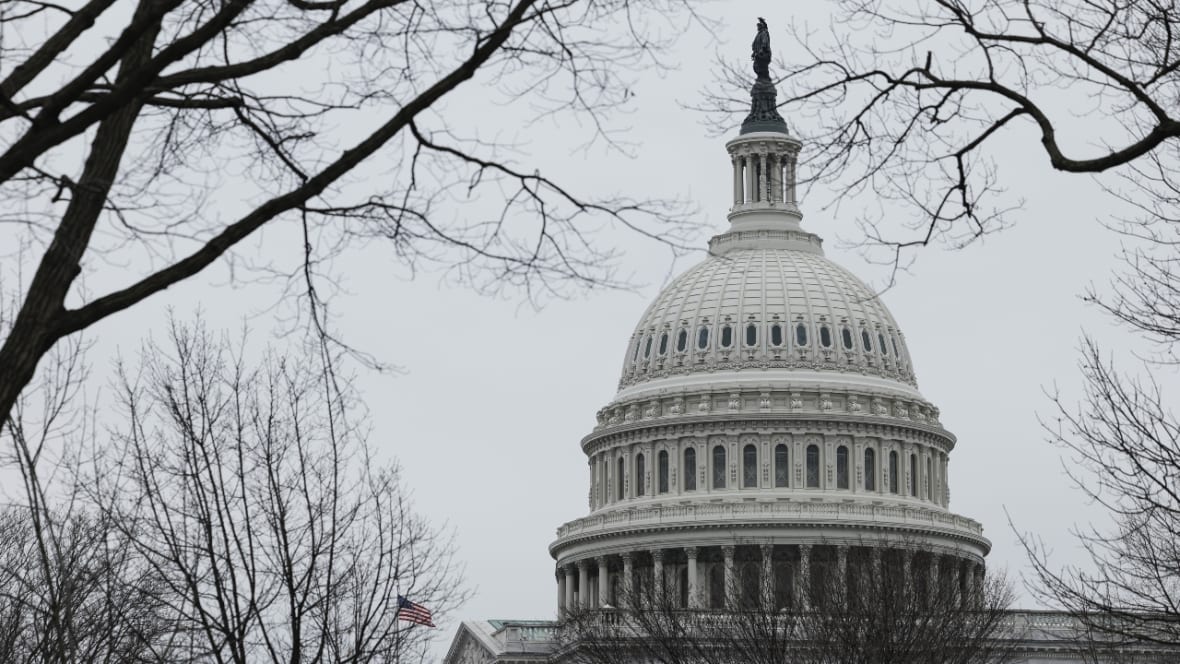 Congressional leaders will leave the Capitol and head to the White House next week to meet with President Joe Biden to discuss the debt ceiling. (Photo: Anna Moneymaker/Getty Images)
Congressional leaders will leave the Capitol and head to the White House next week to meet with President Joe Biden to discuss the debt ceiling. (Photo: Anna Moneymaker/Getty Images)The debt ceiling – also called the debt limit – is the legislative limit of money the United States government can borrow. By law, only the United States Congress has the authority to grant the government its ability to borrow more money on credit.
The United States spends more money than it collects and often has to borrow money in order to pay its debts. As the government nears running out of cash to pay its bills, the Treasury Department issued an alarming deadline of June 1 for Congress to increase its debt limit or risk defaulting on existing loans and causing economic turmoil.
As a condition of raising the debt limit, however, the GOP, led by House Speaker Kevin McCarthy, demanded that Biden support spending cuts proposed by Republicans for the fiscal year.
Rep. Jamaal Bowman (D-N.Y.) told theGrio reduced spending proposed by Republicans would see “cuts across the board,” from public school funding to public safety programs designed to keep communities safe.
“When you don’t see the investments in those areas and increases in those areas,” he said, “it’s going to be detrimental to the entire country – but disproportionately to the Black community.”
What happens if the U.S. defaults on its loans?
The Biden-Harris administration repeatedly said it would not negotiate with Republicans over the debt ceiling. Officials said they are willing to come to the table about fiscal budgets but separate from the business of raising the debt limit.
White House press secretary Karine Jean-Pierre recently declared, “We are not a deadbeat nation,” but if Biden is unable to convince McCarthy to walk back his demands for spending cuts before agreeing to raise the debt ceiling, economists warn there will be devastating consequences on the economy and Americans’ pocketbooks. It would be particularly devastating for Black and brown households.
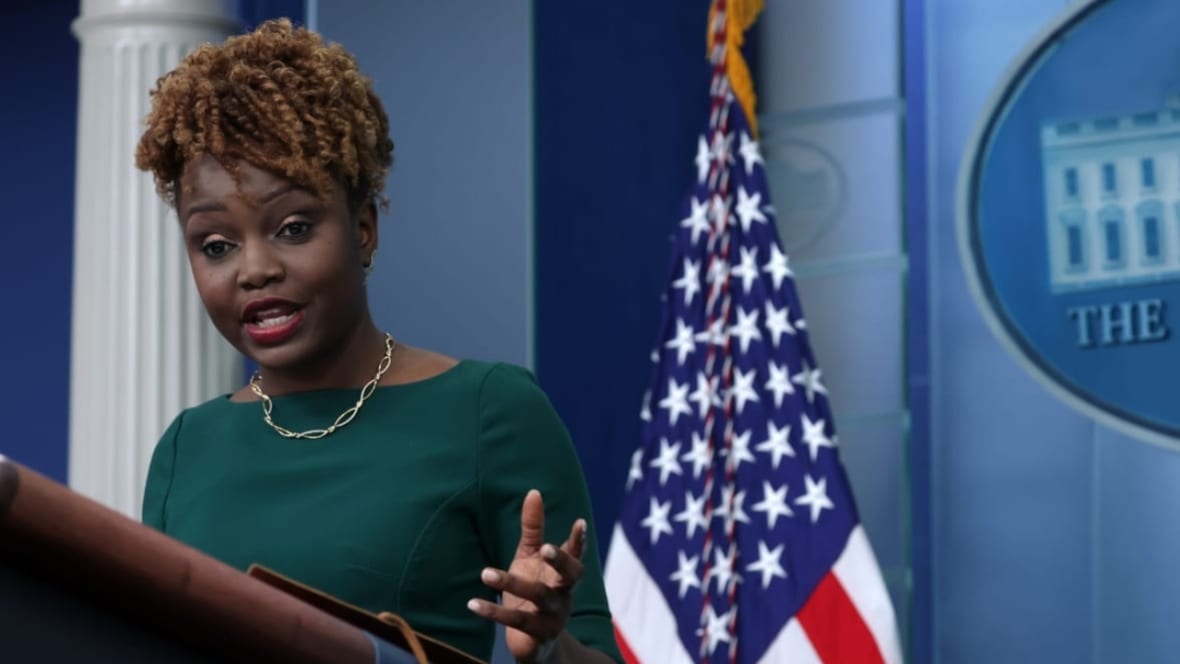 White House press secretary Karine Jean-Pierre speaks Wednesday during the daily news briefing. “We are not a deadbeat nation,” she said recently. (Photo: Alex Wong/Getty Images)
White House press secretary Karine Jean-Pierre speaks Wednesday during the daily news briefing. “We are not a deadbeat nation,” she said recently. (Photo: Alex Wong/Getty Images)Economists tell theGrio that charting the true impacts of a U.S. default is difficult, considering it has never happened before.
“There is no real history for completely knowing the full impact of not raising the debt ceiling in the U.S. and any resulting default, given its position in the global economy,” said Michael Neal, equity scholar and principal research associate at Urban Institute.
Neal told theGrio the most immediate action could be the federal government not paying portions of the federal workforce. “Historically,” he points out, “the federal workforce has been one path Blacks have taken to achieve the middle class.”
A default could cause the government to prioritize paying its debt and not finance critical federal services on which Black and brown communities disproportionately rely, like food stamps and Social Security.
Asked how a default would impact the government’s ability to provide vital federal services, Joelle Gamble, deputy director of the White House National Economic Council, told theGrio: “This is uncharted territory.”
“We’ve just never seen this before,” she admitted, “and that in and of itself is really concerning.”
Gamble said Medicare services would also be impacted, which could exacerbate existing racial disparities in health. She pointed out that 43 percent of Black Americans have “serious health problems or long-term care needs,” compared with 26 percent of white Americans.
As for Social Security, Gamble said older Black women are “particularly reliant” on the public safety net, largely due to “long-standing pay disparities in the labor market.”
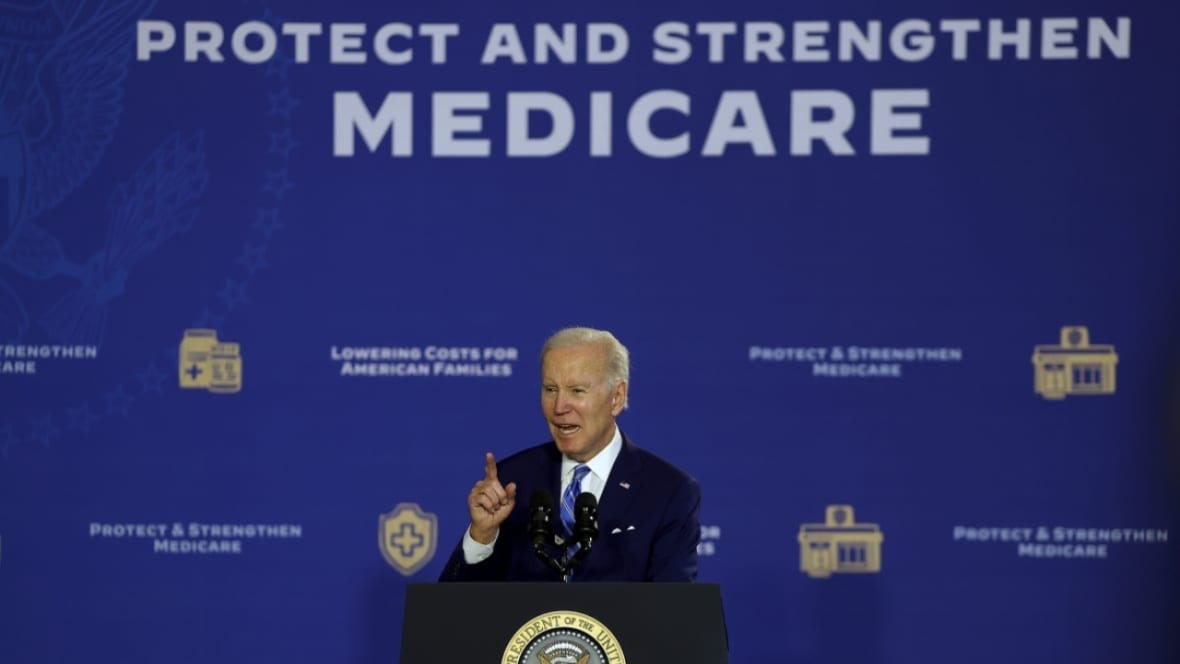 President Joe Biden talks about Social Security and Medicare during a Feb. 9 event in Tampa, Florida. A government default could affect the programs. (Photo: Joe Raedle/Getty Images)
President Joe Biden talks about Social Security and Medicare during a Feb. 9 event in Tampa, Florida. A government default could affect the programs. (Photo: Joe Raedle/Getty Images)A similar healthcare disparity exists for Black veterans, who disproportionately apply for disability services.
“The approval rate has been lower, and so that’s going to affect VA benefits,” she explained. “If we defaulted and veterans couldn’t get their benefits, that’s going to hurt a lot of Black veterans even more deeply.”
Consumers would also feel economic pains if the U.S. defaulted on its debt and wrecked its global credit rating. Gamble warned that borrowing costs would increase for things such as auto, home and personal loans.
Neal cautioned that the federal government’s credit risk could also hinder credit access for communities of color, who are “more likely to have weaker credit profiles.”
Would a default on the national debt cause a recession?
Worries over the debt ceiling raised concerns about a U.S. recession. When asked if a recession would happen more swiftly in the event of a default, Gamble wasn’t so definitive.
“I think a default, no matter where we are in the business cycle … when the economy was in a downturn or if it was a default when the economy is in an upswing … it would be damaging,” she said.
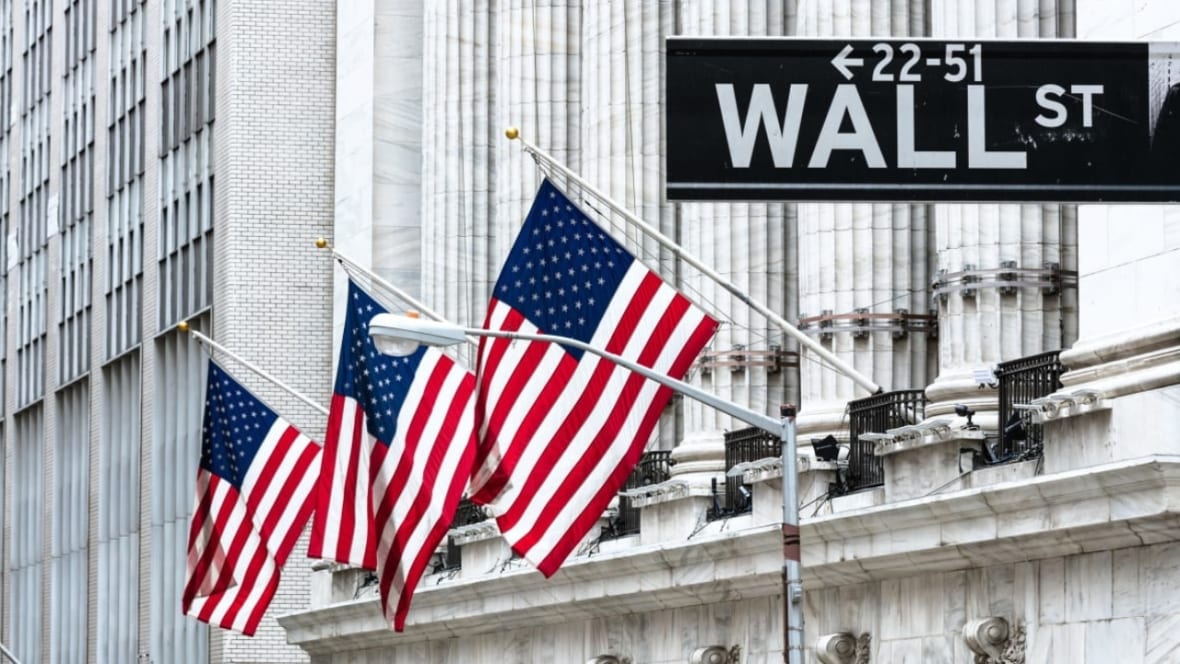 The New York Stock Exchange on Wall Street in New York. No matter how strong the economy is, said one White House official, a default would hurt. (Photo: Getty Images)
The New York Stock Exchange on Wall Street in New York. No matter how strong the economy is, said one White House official, a default would hurt. (Photo: Getty Images)“Reaching the debt limit is just something we have to avoid,” Gamble opined, “because no matter how strong the economy is right now – the economy that the president has built is a strong economy – a default would really hurt it.”
And while the Black unemployment rate reached a record low in March, a recession would lead to the rate rising.
As Neal noted: “It historically rises faster for Black and Hispanic workers than white workers.”
If a downturn in the economy did happen, Gamble acknowledged an economic recovery for Black Americans would be more difficult.
“What’s been unique about the economic recovery that has happened under President Biden is that we’ve actually seen better outcomes for Black Americans than we usually do,” she told theGrio. “I would hate to see that immense progress — though there’s more to do — be put at risk because of political brinksmanship.”

Gerren Keith Gaynor is a White House Correspondent and the Managing Editor of Politics at theGrio. He is based in Washington, D.C.
TheGrio is FREE on your TV via Apple TV, Amazon Fire, Roku and Android TV. Also, please download theGrio mobile apps today!
.png)
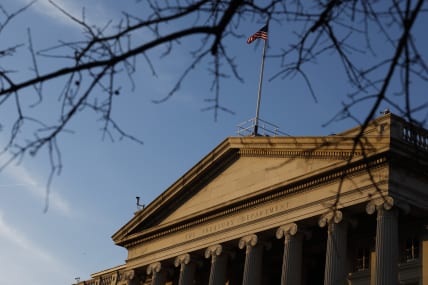
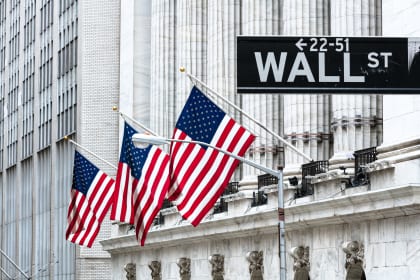









 English (US) ·
English (US) ·